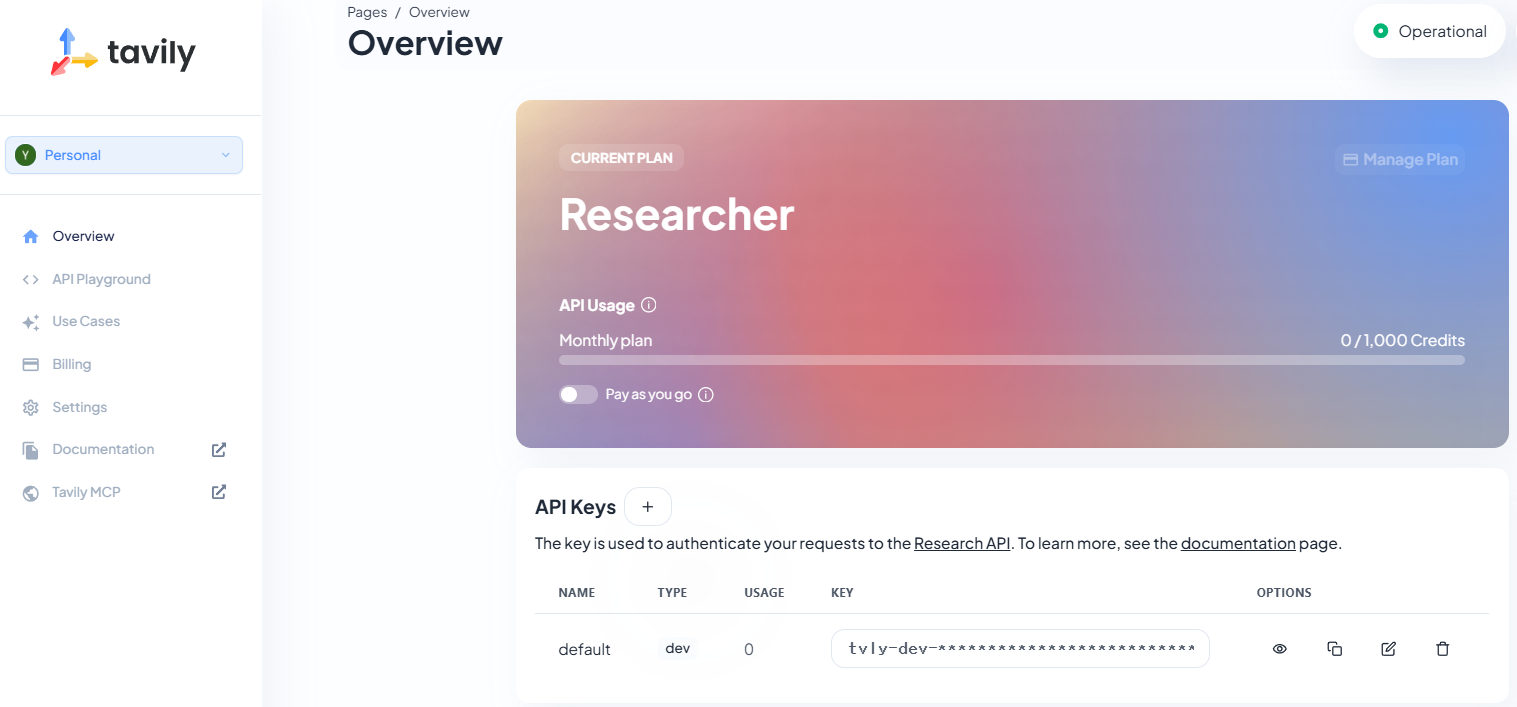LangChain Tools/Toolkits
Let's explore various built-in tools.
LangChain is a powerful framework that simplifies the process of building applications powered by large language models (LLMs). One of its key strengths lies in its extensive and flexible tool system, which allows developers to seamlessly connect LLMs with the outside world.
In LangChain, tools act like the “arms and legs” of an agent, enabling it to interact with external systems—whether it’s performing a web search, calling an API, doing math, or querying a database. And in LangGraph, tools can also serve as independent function nodes, forming the building blocks of complex, state-based workflows.
In this post, we’ll explore some of the most commonly used built-in tools in LangChain and how they can accelerate the development of intelligent, agent-based and workflow-driven applications.
There are so many built-in tools that it’s impossible to learn them all at once. Instead, I will continuously update this post with tools I encounter in real-world use cases.
PythonREPLTool
When using LangChain, there are times when it’s essential to have the LLM execute Python code. To support this, LangChain offers various Python execution tools. In this post, we’ll compare three main tools provided by the langchain.experimental module.
1
2
3
4
5
6
7
8
9
10
11
12
13
14
15
16
17
18
19
20
21
22
23
24
25
26
27
28
29
30
31
32
33
34
35
36
37
38
39
40
41
42
43
44
45
46
47
48
from langchain_experimental.tools import PythonREPLTool, PythonAstREPLTool
from langchain_experimental.utilities.python import PythonREPL
repl_tool = PythonREPLTool()
code = "print(2 + 3 * 5)" # 17
code = "print(sum([1, 2, 3, 4]))" # 10
code = "import os; print(os.getcwd())" # d:\02.MyCode\GP-MyReference\13.MyLLM
result = repl_tool.invoke(code) # repl_tool.run(code), ok!
result = repl_tool.invoke({"query" : code}) # ok!
repl_tool.invoke("""
def square(x):
return x * x
""")
# result = repl_tool.invoke("print(square(5))") # ok!
result = repl_tool.invoke({"query" : "print(square(5))"}) # ok!
print("REPL Result:", result) # → 50
print("==========="*4)
ast_tool = PythonAstREPLTool()
code = "print(2 + 3 * 5)" # 17
code = "print(sum([1, 2, 3, 4]))" # 10
code = "import os; print(os.getcwd())" # d:\02.MyCode\GP-MyReference\13.MyLLM
# result = ast_tool.invoke(code) # ast_tool.run(code), ok!
result = ast_tool.invoke({"query" : code}) # ok!
ast_tool.invoke("""
def square(x):
return x * x
""")
# result = ast_tool.invoke("print(square(5))") # ok!
result = ast_tool.invoke({"query" : "print(square(5))"}) # ok!
print("AST Result:", result) # → 17
print("==========="*4)
repl = PythonREPL()
code = "print(2 + 3 * 5)" # 17
code = "print(sum([1, 2, 3, 4]))" # 10
code = "import os; print(os.getcwd())" # d:\02.MyCode\GP-MyReference\13.MyLLM
result = repl.run(code) # ok!
# result = repl.run({"query" : code}) → no!, repl.invoke(code) → no!
repl.run("""
def square(x):
return x * x
""")
result = repl.run("print(square(5))") # ok!
# result = repl.run({"query" : "print(square(5))"}) → no!, repl.invoke("print(square(5))") → no!
print("Raw REPL Result:", result) # → 10
| Item | PythonAstREPLTool | PythonREPLTool | PythonREPL |
|---|---|---|---|
| Execution Method | eval() + AST analysis | exec() | exec() |
| Safety | High (static analysis) | Low (direct execution) | Low |
| Expression Return | Automatically returned | Requires print() | Requires print() |
| State Persistence | None | Maintained | Maintained |
| Intended User | General users | LangChain users | Advanced users, tool devs |
| Location | tools | tools | utilities |
It’s worth considering which of these tools is best suited for your needs. I plan to allow the LLM to freely generate and execute code through an Agent. According to the LangChain documentation, PythonREPLTool seems to be the primary REPL tool in use. If possible, I intend to use PythonREPLTool as well.
TavilySearch
When building LLM-powered applications, real-time access to the web can significantly boost the quality and accuracy of responses. One of the emerging tools that makes this easy in LangChain is TavilySearch - a fast and reliable web search API.
- Sign up for Tavily and issue an API key.
 Tavily API
Tavily API
1
2
3
4
5
6
7
8
9
10
11
12
13
14
15
16
17
from langchain_tavily.tavily_search import TavilySearch
import os
os.environ["TAVILY_API_KEY"] = "tvly-dev-****************"
tavilysearch_tool = TavilySearch(
max_results=3,
include_answer=False,
include_raw_content=True,
# include_images=True,
search_depth="basic", # or "advanced"
# include_domains=["github.io", "wikidocs.net"],
# exclude_domains = []
)
tavilysearch_tool.invoke({"query": "2010년~2024년 대한민국의 1인당 GDP는?."}) # ok
# tavilysearch_tool.invoke("2010년 ~ 2024년 대한민국의 1인당 GDP는?") # ok
1
2
3
4
5
6
7
8
9
10
11
12
13
14
15
16
17
18
19
20
{'query': '2010년 ~ 2024년까지의 대한민국의 1인당 GDP는?',
'follow_up_questions': None,
'answer': None,
'images': [],
'results': [{'url': 'https://ko.tradingeconomics.com/south-korea/gdp-per-capita', ...
'title': '대한민국 1인당 GDP | 1960-2023 데이터 | 2024-2025 예상 - 경제 지표',
'content': '대한민국의 2023년 1인당 국내총생산(GDP)은 34121.02 미국 달러로 기록되었습니다. | 농업 GDP ...
'score': 0.7997713,
'raw_content': '대한민국 - 1인당 국내총생산 | 1960-2023 데이터 | 2024-2025 예상\n=============== \n ...
{'url': 'https://www.ceicdata.com/ko/indicator/korea/gdp-per-capita',
'title': '대한민국 | 1인당 국내총생산 | 1953년 – 2025년 | 경제 지표 - CEIC',
'content': 'Accept Decline ENG 영어 중국말 일본어 인도네시아 인 한국어 독일 사람 포르투갈 인 국가 지표 ...
'score': 0.79293,
'raw_content': 'Published Time: Fri Jun 01 2018 05:11:07 GMT+0000 (Coordinated Universal Time) ...
{'url': 'https://namu.wiki/w/%EB%8C%80%ED%95%9C%EB%AF%BC%EA%B5%AD/GDP',
'title': '대한민국/GDP - 나무위키',
'content': '[1] 기준년 개편 결과, 2차 개편결과 참조.[2] 2005년엔 10위, 2020년엔 9위를 기록했다.[3] IMF, ...
'score': 0.40938663,
'raw_content': '대한민국/GDP - 나무위키\n=============== \n\n[](https://namu.wiki/ "나무위키") ...
'response_time': 1.33}